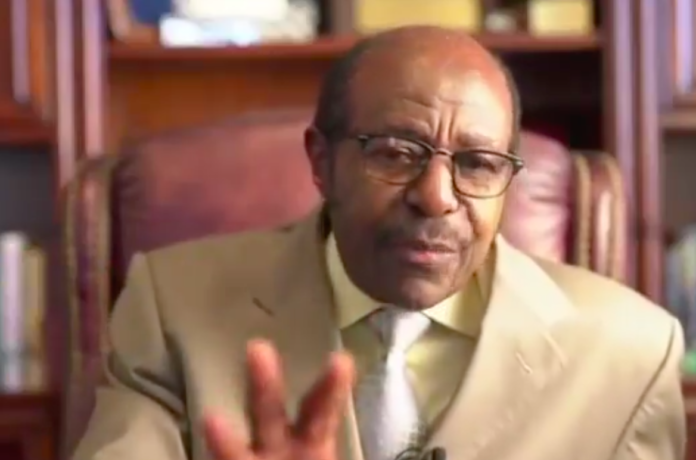On February 21, 2024, an evidence session was held by the UK Parliament Joint Committee on Human Rights, focusing on the pressing issue of the human rights situation in Rwanda. This inquiry forms part of a broader examination into the rights of asylum seekers in the UK, especially in light of the Supreme Court’s judgment that deemed the UK’s initial plans to remove asylum seekers to Rwanda as incompatible with its human rights obligations. The government’s response to these legal challenges has been to renegotiate the Rwanda agreement, introducing enhanced human rights protections and legislative changes aimed at addressing the court’s concerns.
In an effort to understand the implications of these changes, the committee engaged with two notable figures: Paul Rusesabagina, whose heroic actions during the Rwandan genocide inspired the film “Hotel Rwanda,” and Lewis Mudge, the Central Africa Director at Human Rights Watch. Both individuals provided invaluable insights into the current state of human rights in Rwanda, offering a grounded perspective that contrasts sharply with the assurances provided by the UK government’s revised treaty.
Paul Rusesabagina shared his personal experiences and criticisms of the Rwandan government, highlighting the challenges faced by human rights defenders within the country.
Paul #Rusesabagina: “I was incarcerated in an abbatoire, I heard tortured people screaming” The Joint Committee continues its inquiry into the human rights of asylum seekers in the #UK with an evidence session examining the human rights situation in #RwandaBill pic.twitter.com/A3ftBnfDnn
— The Rwandan (@therwandaeditor) February 21, 2024
Lewis Mudge provided an analysis based on Human Rights Watch’s extensive research into Rwanda’s human rights situation. The organization’s findings raise critical questions about the efficacy of the UK-Rwanda treaty’s provisions to safeguard the rights of asylum seekers transferred to Rwanda. Mudge’s contribution is essential in assessing whether the treaty’s legal and procedural safeguards are sufficient to ensure the protection of individuals under international human rights standards.
@LewisMudge of @hrw questioned on human rights situation in #Rwanda The Joint Committee on Human Rights continues its inquiry into the human rights of asylum seekers in the #UK with an evidence session examining the human rights situation in #Rwanda #RwandaBill #RwOT pic.twitter.com/lcRzPVUwSe
— The Rwandan (@therwandaeditor) February 21, 2024
The UK government’s position, as outlined in the new treaty, posits Rwanda as a safe country for asylum seekers, barring domestic courts from reviewing or appealing decisions based on safety concerns. This stance has sparked a debate on the adequacy of the treaty’s human rights guarantees and the real conditions in Rwanda.
This session is a crucial step in the Joint Committee’s ongoing inquiry, providing lawmakers and the public with detailed accounts of the human rights landscape in Rwanda. The testimonies of Paul Rusesabagina and Lewis Mudge are instrumental in evaluating the potential impact of the UK’s asylum seeker removal plans, ensuring that the rights and safety of individuals are not compromised in the process. As the UK seeks to navigate its international obligations and domestic policies, the insights from this session will undoubtedly influence future discussions and decisions on the treatment of asylum seekers and the country’s relationship with Rwanda.






























































